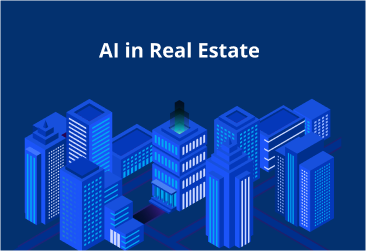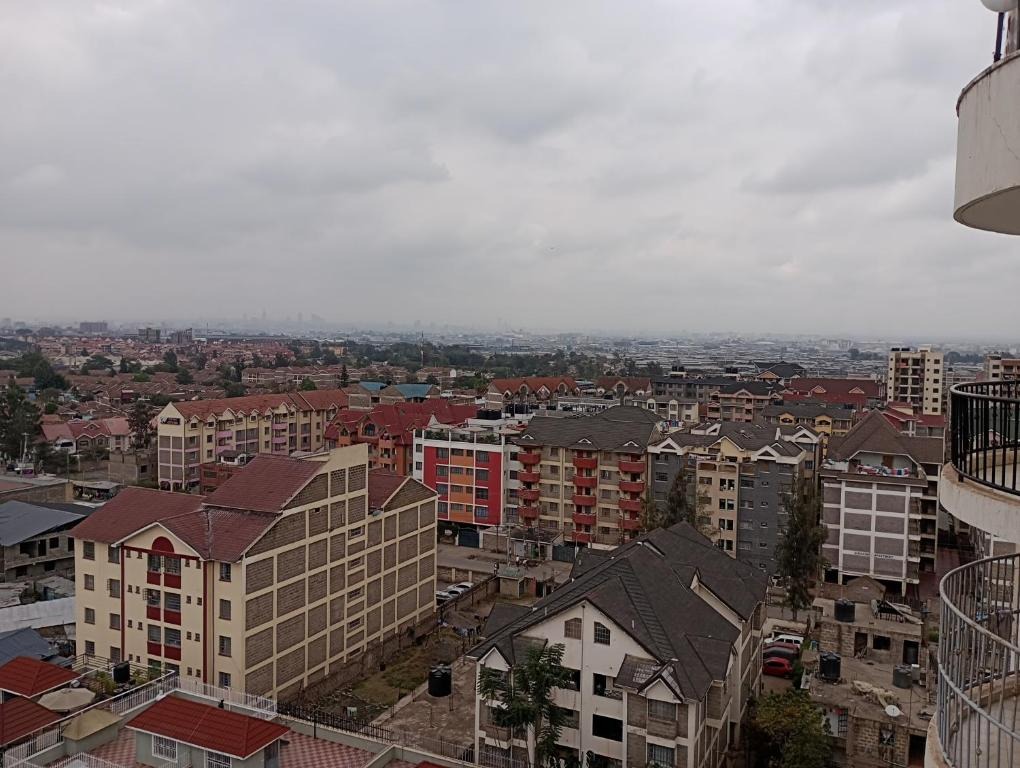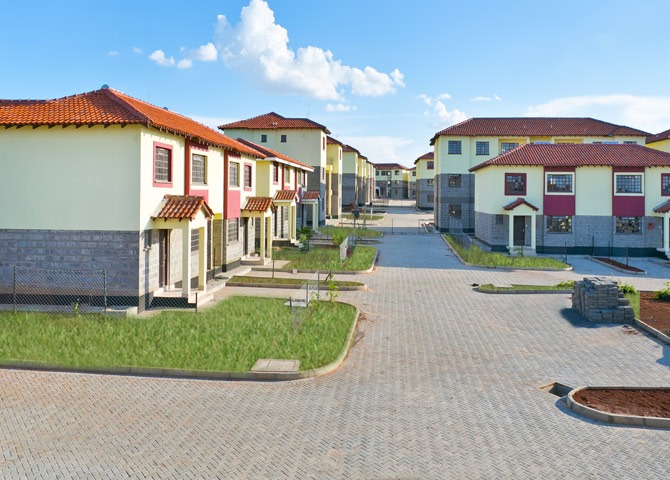
In recent years, the advent of artificial intelligence (AI) has revolutionized various industries, and real estate is no exception. In Kenya, the integration of AI into real estate investment analysis and decision-making is transforming how investors approach the market, offering unprecedented insights and efficiencies that were previously unattainable.
Enhanced Data Analysis and Insights

AI’s primary advantage lies in its ability to process vast amounts of data quickly and accurately. In the Kenyan real estate market, where data can often be fragmented and inconsistent, AI systems can aggregate and analyze information from diverse sources such as market trends, property values, demographic statistics, and economic indicators. This comprehensive analysis enables investors to gain deeper insights into market conditions, helping them make more informed decisions.
For instance, AI algorithms can predict property price movements by analyzing historical data and identifying patterns that human analysts might overlook. This predictive capability is invaluable for investors looking to optimize their portfolio and maximize returns.
Predictive Analytics and Market Forecasting

One of the most significant contributions of AI to real estate investment in Kenya is predictive analytics. By leveraging machine learning models, AI can forecast future market trends with remarkable accuracy. These models consider a wide range of variables, including economic indicators, urbanization rates, and infrastructure developments, to predict property demand and price fluctuations.
In Kenya, where the real estate market is dynamic and influenced by various factors such as political stability and economic growth, having the ability to forecast market trends accurately is a game-changer. Investors can identify emerging opportunities and potential risks, allowing them to strategically position themselves in the market.
Improved Risk Management
Risk management is a critical component of real estate investment, and AI excels in this area by providing robust risk assessment tools. AI systems can evaluate potential risks associated with a property by analyzing factors such as location, historical performance, environmental risks, and market volatility. This thorough analysis helps investors mitigate risks and make more secure investments.
In Kenya, where certain regions may have unique risk profiles due to factors like political unrest or economic disparity, AI’s capability to assess and predict these risks is particularly beneficial. Investors can make data-driven decisions, ensuring they choose properties with the optimal risk-reward balance.
Streamlined Decision-Making Processes
The decision-making process in real estate investment often involves sifting through copious amounts of data and considering multiple variables. AI simplifies this process by providing actionable insights and recommendations based on comprehensive data analysis. For example, AI-powered platforms can rank investment opportunities based on criteria set by the investor, such as expected returns, risk levels, and market conditions.
This streamlined approach is particularly advantageous in Kenya’s fast-paced real estate market. Investors can quickly identify the most promising opportunities and act on them before the competition does. This agility can significantly enhance the success rate of investments.
Enhanced Property Valuation
Accurate property valuation is fundamental to successful real estate investment. Traditional valuation methods can be time-consuming and prone to human error. AI enhances this process by using algorithms that consider a multitude of factors, including recent sales data, property characteristics, and market conditions, to provide precise and unbiased valuations.
Property values can vary significantly between regions and even within neighborhoods, AI’s ability to deliver accurate valuations is crucial. Investors can rely on AI-generated valuations to make fair offers and avoid overpaying, ensuring better investment outcomes.
Personalized Investment Strategies
AI enables the creation of personalized investment strategies tailored to the unique preferences and goals of each investor. By analyzing an investor’s past behavior, risk tolerance, and financial objectives, AI systems can recommend investment properties that align with their specific criteria.
For Kenyan investors, this means receiving customized advice that considers local market nuances and individual investment goals. Personalized strategies increase the likelihood of achieving desired outcomes and building a diversified and resilient real estate portfolio.
Real-Time Market Monitoring
The real estate market is continuously evolving, and staying updated with the latest developments is essential for making informed investment decisions. AI-powered tools offer real-time market monitoring, alerting investors to significant changes in market conditions, such as shifts in property prices or emerging trends.
In Kenya, where rapid urbanization and infrastructure projects can quickly alter the real estate landscape, real-time monitoring is invaluable. Investors can stay ahead of market changes and adapt their strategies accordingly, ensuring they capitalize on new opportunities and mitigate potential threats.
Conclusion

The integration of artificial intelligence into real estate investment analysis and decision-making is revolutionizing the industry in Kenya. From enhanced data analysis and predictive analytics to improved risk management and personalized investment strategies, AI offers a multitude of benefits that empower investors to make smarter, more informed decisions.
As AI technology continues to advance, its impact on the Kenyan real estate market will only grow, offering investors even greater tools to navigate the complexities of the market. By embracing AI, investors can enhance their decision-making processes, optimize their portfolios, and ultimately achieve better investment outcomes in Kenya’s dynamic real estate landscape.







